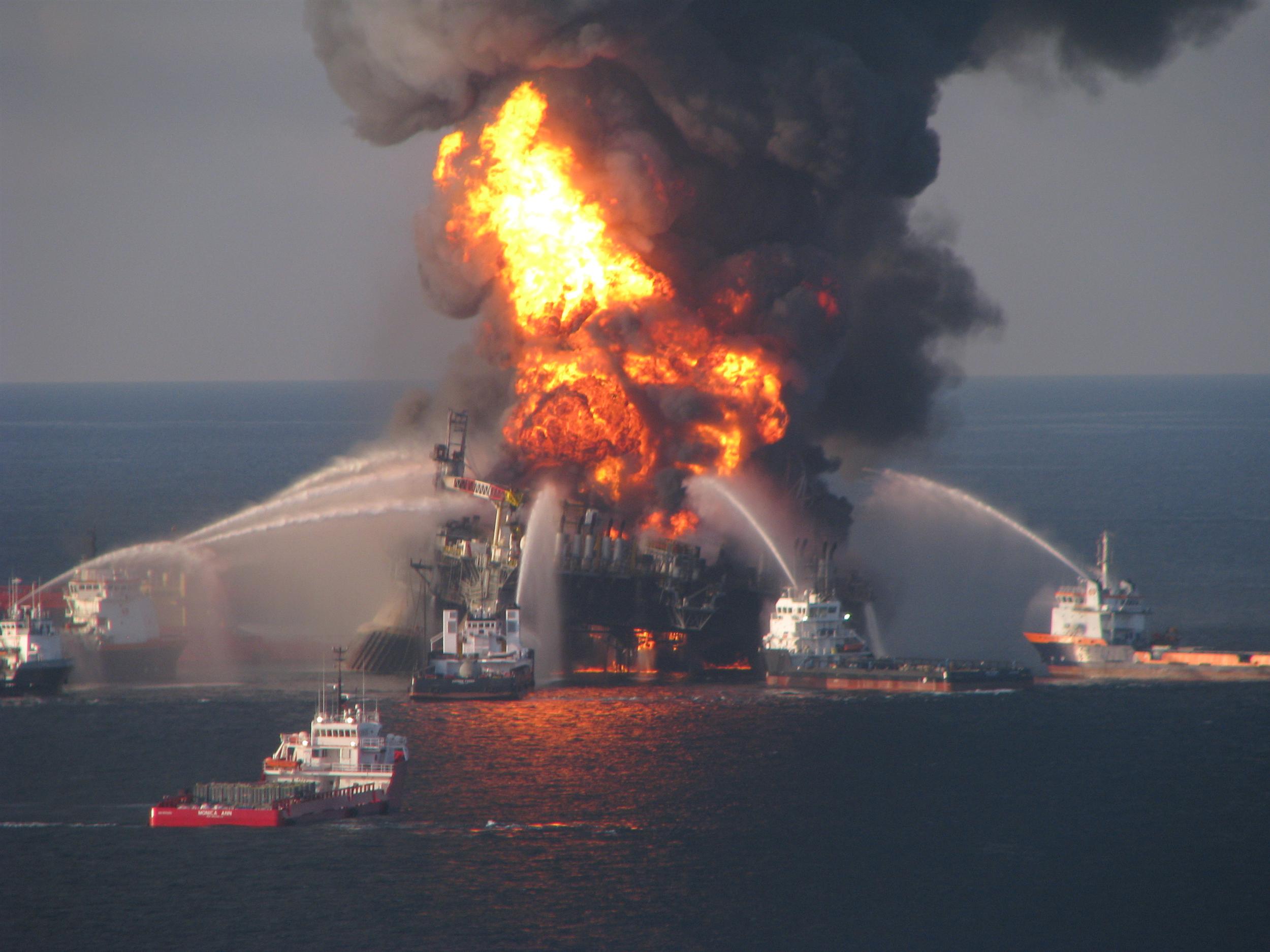Update: In February 2023, BP announced a new strategy that drastically scales back the climate ambitions described in the article below. BP’s new strategy won’t help with energy security. But it will ensure that people will keep losing their lives and livelihoods to climate disasters.
It’s time to stop drilling, and start making polluters pay the price for the climate damage they’ve knowingly caused. You can sign the petition and join the campaign here.
On August 4th 2020, the fossil fuel giant BP announced it will slash its oil and gas production and ramp up its renewable energy business over the next 10 years.
By 2030, BP says it will:
- Produce 40% less oil and gas.
- Generate 20 times more renewable energy.
- Invest 10 times more in low-carbon technology.
Let’s be clear: BP is still a fossil fuel company. Even if you ignore the troubling small-print in BP’s plans (more on that below), fossil fuels are still the problem. And given BP’s history of making big green promises that never come to anything (‘Beyond Petroleum’, anyone), you’d be right to feel sceptical about this.
But this is the first time ever that a major oil company has committed to keeping oil and gas in the ground. There’s loads more BP and the rest of the oil industry still needs to change, but if we can hold them to these promises, this will be a real step forward in our fight against the climate crisis.
Progress doesn’t just happen
In recent years, we’ve seen the early stages of climate breakdown ruin millions of lives. But for way too long BP and other oil companies have tried to carry on like this crisis doesn’t exist.
And they didn’t just keep digging, drilling and polluting in the face of the unfolding emergency. They’ve used their PR clout and political influence to delay meaningful climate action, sacrificing whole communities and habitats in their pursuit of profit.

11 workers died and millions of barrels of crude oil gushed into the Gulf of Mexico during the BP Deepwater Horizon disaster – the worst oil spill in United States history. © The United States Coast Guard
But they’ve done all this under relentless pressure from people all over the world, including Greenpeace supporters, volunteers and activists. Thanks to people like you, BP’s recklessness has been challenged at every turn: on the streets, in the media, in the courts, and in the corridors of power. Now that pressure is starting to work.
For years, people campaigning against oil companies have been mocked or abused for speaking out. Some were even arrested or attacked. But together we kept going, inspired by each other, and energised by love for our shared home.
Greenpeace is just one part of this wider movement. But we can all be proud of the part we’ve played here in the UK. Let’s look back at some of the highlights:



